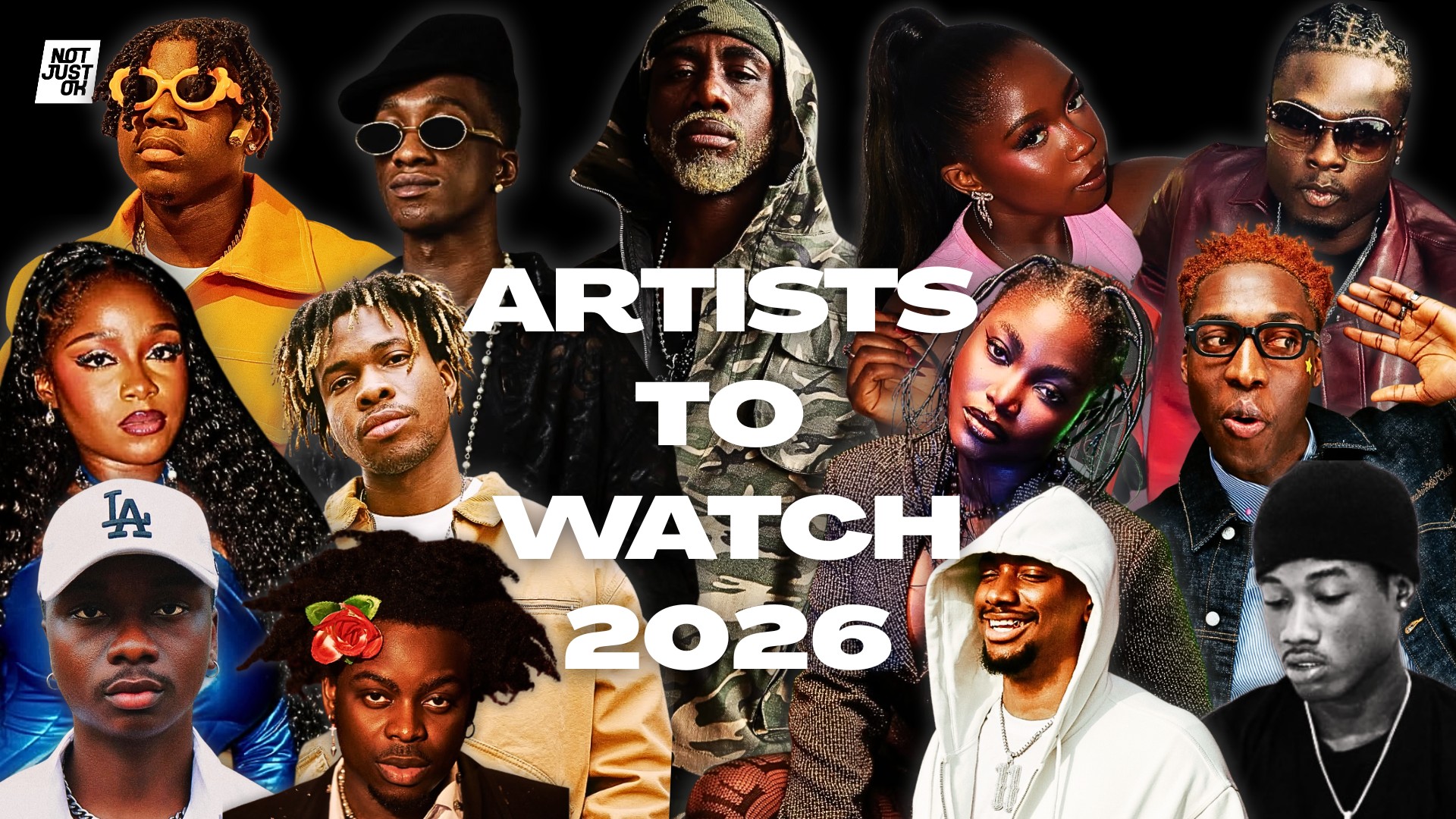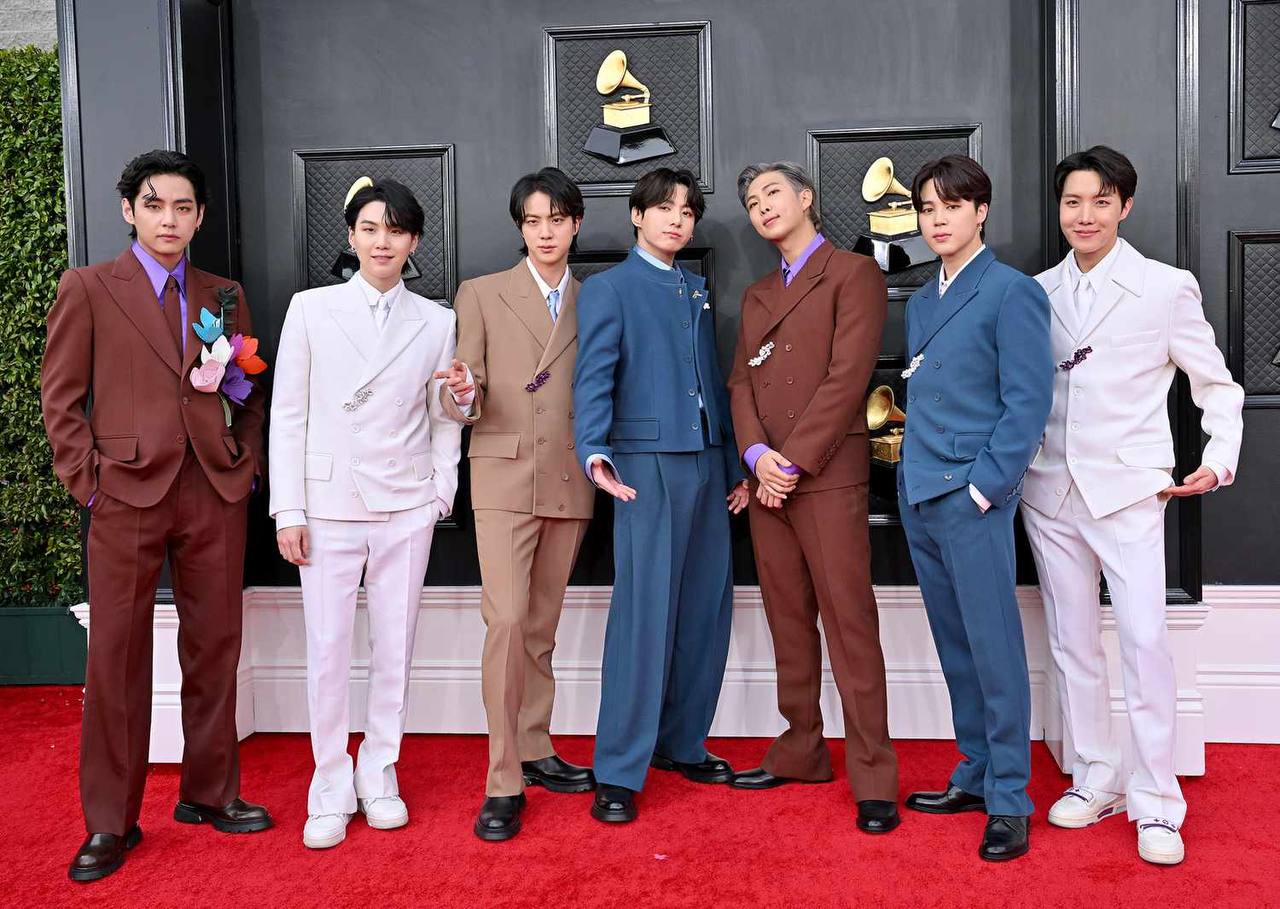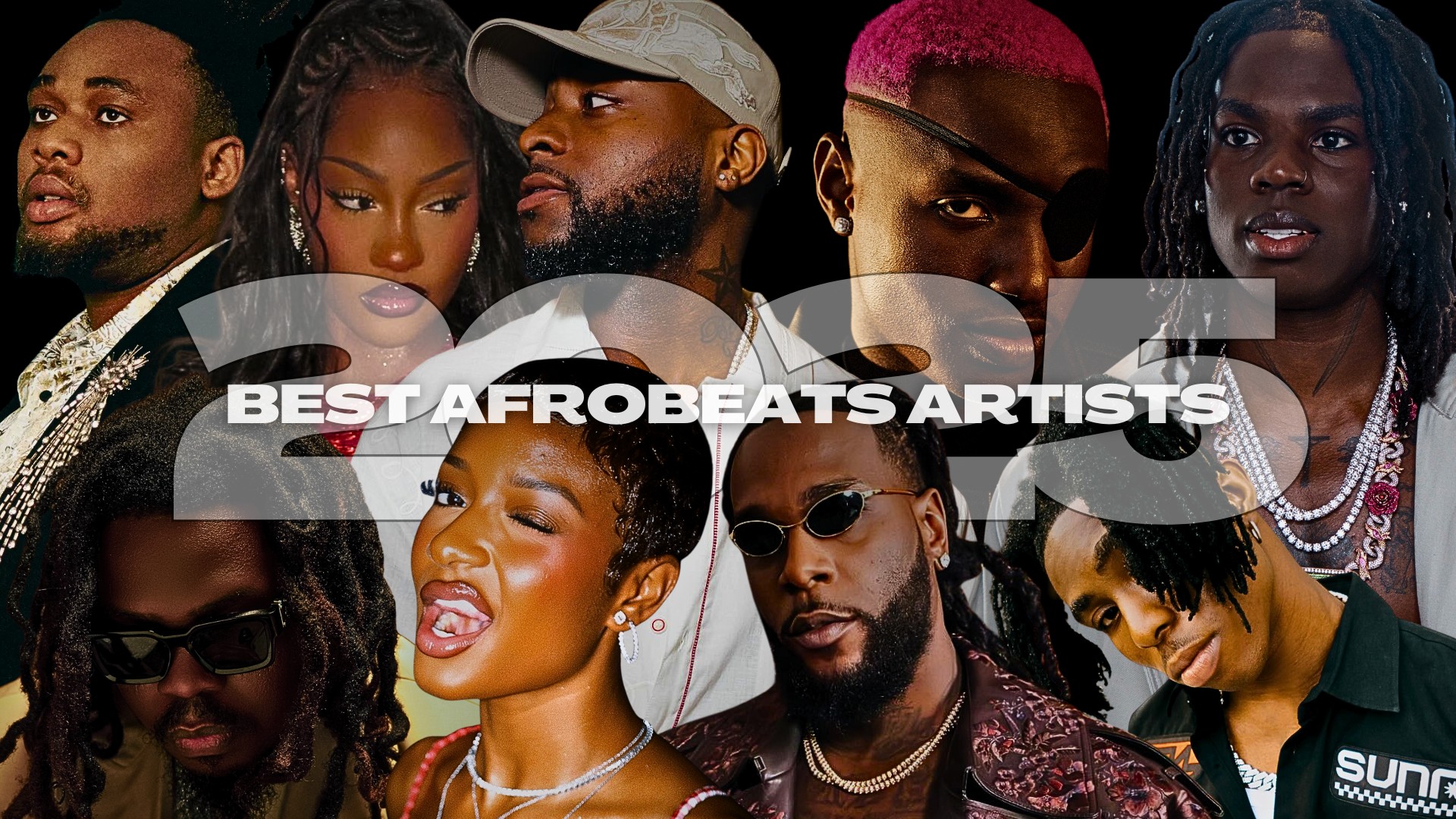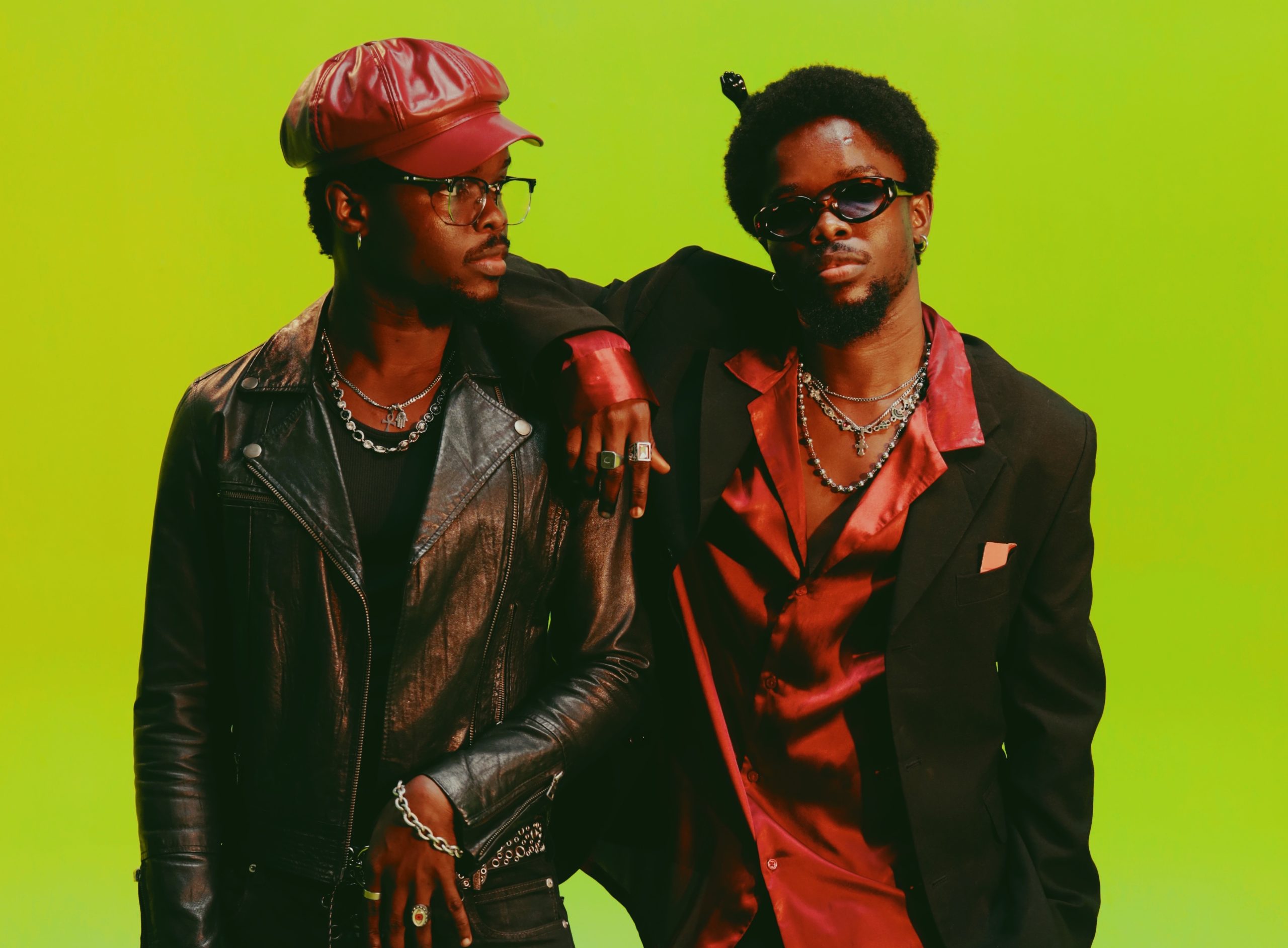15 Afrobeats songs about bad governance you should check out today
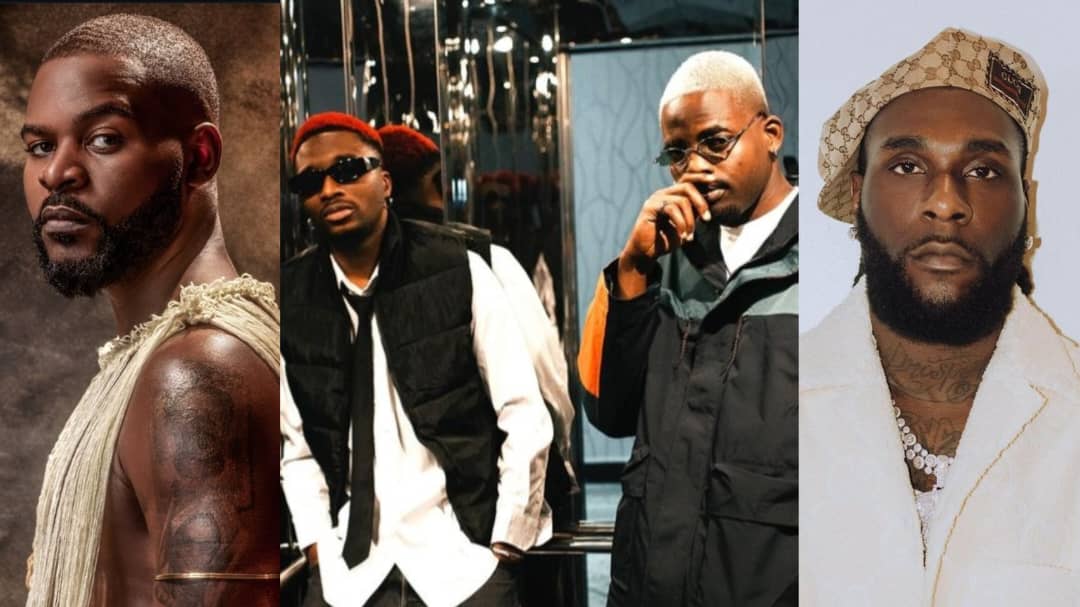
Afrobeats has emerged as a powerful vehicle for social commentary, with Nigerian artists using their songs to address pressing issues such as corruption, inequality, and bad governance.
In times of national protest, these songs become more than just entertainment; they serve as anthems for a generation demanding justice and a better future.
Here, we spotlight 17 Afrobeats songs about bad governance that capture the spirit of resistance, transforming music into a tool for social and political activism.
1. Mr. President – African China
Firstly, Mr. President by African China is a direct appeal to Nigerian leaders, calling for respectful and effective governance. Released in 2004, the song highlights the need for integrity and dignity in leadership, urging the president to “lead us well.” As the issues addressed in the song remain relevant in 2024, Mr. President continues to resonate as a call for accountable leadership and meaningful societal reform. African China’s bold lyrics and the song’s enduring message make it a powerful commentary on the state of governance in Nigeria.
2. Zombie – Fela Kuti
Secondly, a seminal work in the Afrobeat genre, Fela Kuti’s Zombie is a scathing indictment of the Nigerian military regime. Released in 1977, the track immediately resonated with the masses, serving as both a powerful anthem and social commentary. Also, Fela Kuti used his music as a weapon to expose the brutality and senselessness of the government’s actions, likening soldiers to mindless zombies. This song, along with others like Beast of No Nation and Ikoyi Mentality, solidified Fela as a revolutionary figure, inspiring generations of musicians and activists.
3. This Is Nigeria – Falz
Furthermore, Falz’s This Is Nigeria is a searing critique of the nation’s numerous challenges, inspired by Childish Gambino’s This Is America. The song and its accompanying video lay bare the pervasive corruption, police brutality, and socio-political issues that plague Nigeria. Also, through a mix of satire and provocative imagery, Falz fearlessly exposes the nation’s darkest truths, sparking essential conversations about the urgent need for change and accountability. This song has become a cultural touchstone, underlining its significance in Afrobeats music that tackles bad governance.
4. Jaga Jaga – Eedris AbdulKareem
However, Eedris AbdulKareem’s Jaga Jaga is a landmark protest song in Nigerian music, released in 2004. The track is a raw and uncompromising indictment of a nation grappling with systemic failures. The term Jaga Jaga refers to chaos and disorder, perfectly capturing the public’s disillusionment with the government. Eedris’ fearless delivery transformed Jaga Jaga into an anthem for the marginalized, sparking a national discourse on corruption and inequality. The song’s enduring relevance underscores its impact as a rallying cry for accountability and good governance.
5. Monsters You Made – Burna Boy
Meanwhile, Monsters You Made is a deeply personal track by Burna Boy, exploring themes of marginalization and injustice. The song features spoken word excerpts from African icons Fela Kuti and Ama Ata Aidoo, setting the stage for a powerful exploration of systemic racism. With a haunting chorus by Chris Martin, the song accuses power structures of creating "monsters" through oppression. This track serves as a powerful anthem that reclaims agency and challenges the narratives imposed by oppressors.
6. Barawo – Ajebo Hustlers
Additionally, Ajebo Hustlers’ Barawo is a critical commentary on Nigeria’s issue of mob justice. The duo’s lyrics and melodies combine to create an anthem against extrajudicial killings and systemic corruption. The song’s title, meaning "thief," is used ironically to highlight the baseless accusations often leading to mob violence. Although, the refrain “This country na wa” captures the nation’s collective frustration, humanizing victims and demanding accountability. The remix featuring Davido amplified the track’s reach and message. This makes Barawo a cultural touchstone that continues to spark conversations about justice and societal change.
7. 20 10 20 – Burna Boy
Also, 20 10 20 is Burna Boy’s tribute to the victims of the Lekki Toll Gate massacre, where peaceful End SARS protesters were attacked by Nigerian security forces on October 20, 2020. The song is a chilling reminder of this tragic event, capturing the nation’s grief and outrage. Burna Boy’s lyrics serve as a powerful indictment of government brutality, turning the track into a rallying cry for justice. So, 20 10 20 is more than a song; it’s a touching documentation of a dark chapter in Nigeria’s history, reinforcing Burna Boy’s role as a voice for the marginalized.
8. Talk – Falz
Consequently, Falz’s Talk is a sharp critique of the Nigerian political landscape, featured on his 2019 album Moral Instruction. Known for his pop sensibilities and socially conscious lyrics, Falz uses Talk to address issues of corruption and bad governance. Though, the song’s satirical tone, coupled with the phrase “no be me talk am o” (I didn’t say it), allows Falz to make bold statements while evading censorship. Talk is more than just a song; it’s a call to action, urging listeners to demand better from their leaders.
9. 2010 – Sound Sultan featuring MI Abaga
Notwithstanding, Sound Sultan’s 2010 was a prophetic reminder that despite the promises of a better future, little had changed in Nigeria by 2010. The song reflects the disillusionment of a nation still waiting for the basic amenities and good governance that were supposed to materialize, showcasing the unfulfilled promises of the past.
10. Shey Na Like This? – Wande Coal
Notably, Wande Coal’s Shey Na Like This? captures the daily struggles and economic hardship faced by Nigerians due to bad governance. The song serves as a reminder that change won’t come by waiting; it requires active demand from the people.
11. Suruu Lere – Lagbaja
Lagbaja’s Suruu Lere addresses the persistent challenges of corruption, tribalism, and poverty that have hindered Nigeria’s progress. The song is a call to Nigerians to demand better from their leaders, as the nation continues to grapple with the same issues decades after independence.
12. Hard Life – Blackface
Furthermore, Blackface’s Hard Life speaks to the economic hardships and the desire of many Nigerians to leave the country. The song is a candid reflection of the struggles faced by the average Nigerian, making it a relatable anthem for those seeking better opportunities abroad.
13. Jailer – Asa
Also, Asa’s Jailer is a metaphorical exploration of the psychological, economic, social, and religious constraints faced by Nigerians. The song urges listeners to free themselves from the ideological and economic incarceration imposed by the political elite.
14. Oga Police – PSquare
However, PSquare’s Oga Police is a prelude to the End SARS movement, addressing issues of police brutality, bribery, and corruption. The song highlights the unfair treatment Nigerians endure at the hands of the police, making it a powerful statement against abuse of power.
15. Democracy – Fela Anikulapo Kuti
Lastly, in Democracy, Fela Kuti critiques the corruption that pervades Nigeria’s electoral process. The song reflects on how elections are often rigged and the disillusionment felt by Nigerians who feel their votes don’t count. Fela’s legacy continues through his children, who carry on his tradition of using music as a tool for social and political change.
These 15 songs are more than just music. They are powerful expressions of resistance, demanding accountability and justice. Also, they remind us that Afrobeats is not just a genre for entertainment but a platform for driving societal change.

